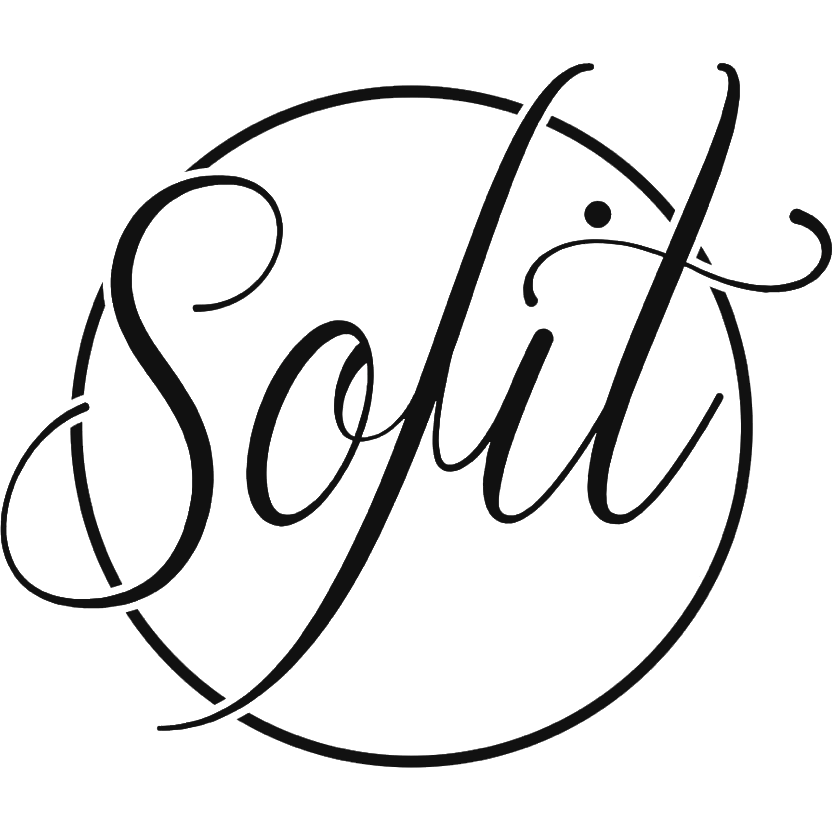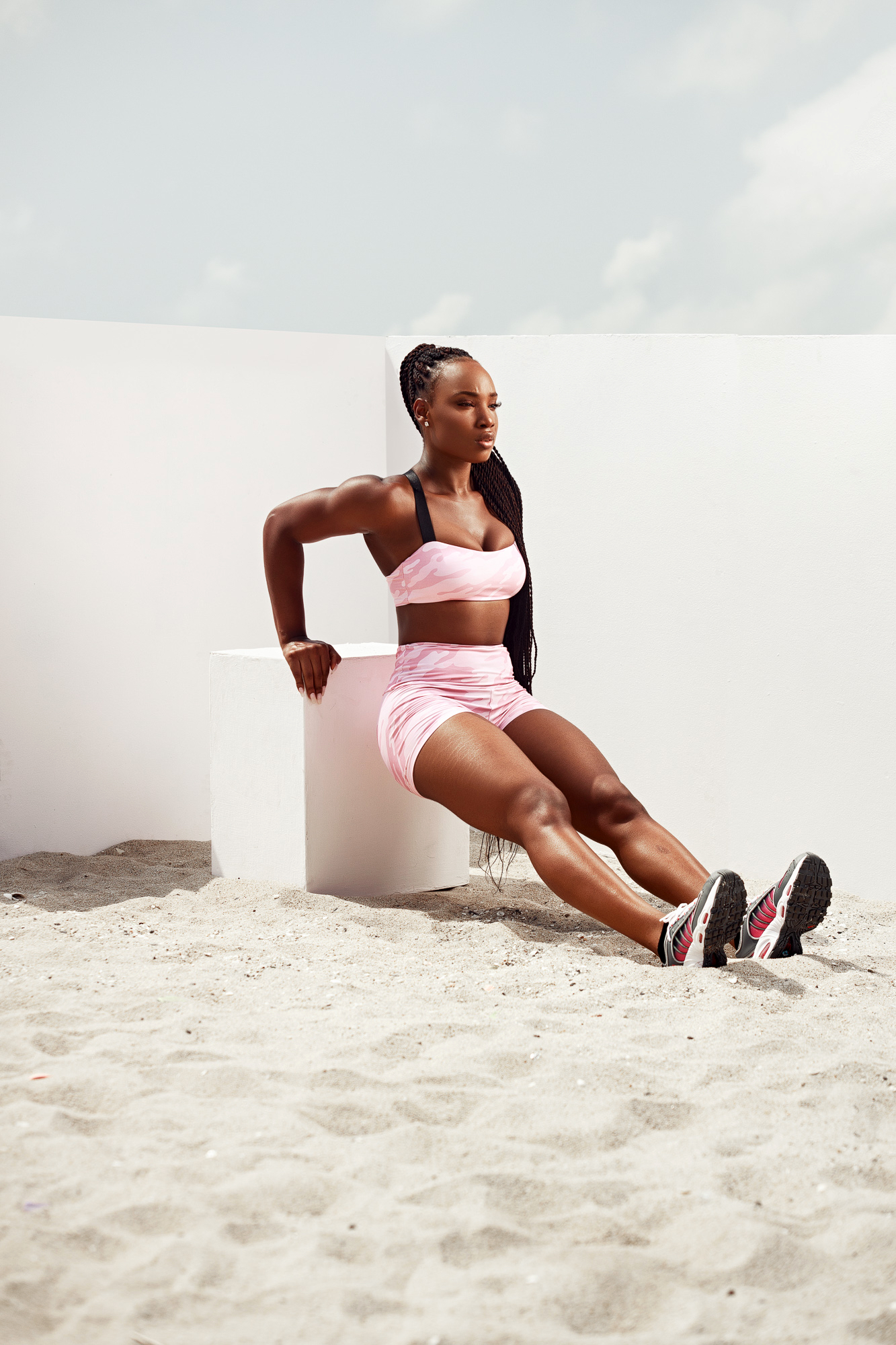I’m Nigerian. wait, you didn’t know that?
I love me my native food. Yes i eat swallow, i eat jollof, rice and stew etc. I mean, are you really Nigerian if you dont eat any of these things? Tuh. One of the most frequently asked questions that i receive asides from “Are you Nigerian?” will be people who ask me if they can eat Nigerian food and still be fit. Theres this big misconception surrounding Nigerian food mainly because most Nigerian foods are very high in carbs. Our diet consists of mainly yam, beans, rice, swallow. But did you know we actually have some of the most healthiest foods here? A majority of our foods are organic and unprocessed. We cultivate most of our foods (for example our yams, cassava), we pluck our own fruits and vegetables from the trees in our village backyards, Most of our foods are home grown. We get our eggs directly from chickens, our foods and meats are not processed with any chemicals. So we know exaclty where our foods come from so why do people believe they can’t eat Nigerian food and be healthy?
The problem is not the foods we eat but how we eat it. The way you prepare your dishes can make a huge difference to your healthy eating journey. The condiments, the oils, the portions, etc. The key to a healthy diet is simple:
1. Portion control
2. Eating a balanced meal
The number one reason people struggle with belly fat and weight loss in general is that their meals are not balanced. You’re not giving your body what it needs. A balanced meal contains 60% vegetables, 20% protein and 20% GOOD carbohydrate. Most Nigerians do not eat fresh vegetables. And no, vegetable soup doesn’t count.
Four things consist of a fat-burning meal:
1. The Foundation
- Protein: protein provides satiety , building blocks for your muscles and has the highest thermic effect of food. (Tuna, sardines, salmon, eggs, chicken). When choosing protein go for lean choices. Lean protein is protein that has little or no fat. For example chicken breast. The breast of the chicken is the leanest part of the chicken.
- Vegetables: veggies provide satiating fiber and are naturally low in calories. (Tomatoes, carrots, cucumbers, spinach, celery, etc). High protein veggies include green peas, asparagus, spinach, kale, broccoli, mushrooms etc. Nutrient deficiencies are associated with obesity, diabetes and other abnormalities so be sure to eat 1 serving of veggies with every meal.
- Fats: Healthy fats from sources like Avocados, olive oil, whole eggs support hormone production and aid the body in using its own fat for fuel when eaten in the right proportion to other macronutrients.
- Carbohydrates: Carbs are energy sources like fats and like fats your needs will vary. Sweet potatoes, yams, beans, lentils and rice are good carb sources.
Now remember it’s not just WHAT you eat that makes your meals healthy but HOW you eat them. A lot of you will read this and go ‘but I eat a lot of chicken’. How do you eat your chicken? Instead of frying your foods, boil, grill or bake them. The more fried foods you eat the less nutrients you get out of them.
When eating, practice the SOFit® 2/3 plate method (This is explained in more detail in my 8 week Weight Loss program ebook).
A visual that may help you is this: divide your (main) meal plate into “thirds,” cover one-third of your plate with a lean protein (as listed above) then the other two-third of the plate with veggies and your choice complex carb (complex carbs are good carbs: whole fruit, legumes, potatoes and whole grains. These foods are generally healthy).
Visual below:

On this plate you have your vegetable source, a good portion of carbohydrates and then your protein.
Here is a sample meal plan for a day taken from my nutrition plan:
BREAKFAST (9- 10.00am)
One egg omelette or scrambled egg, one medium banana (sliced) topped with blueberries, and a side of sliced avocados- 210 calories

Noodles mixed with sliced grilled chicken and a side of veggies (you can use whatever vegetables you wantPictured below are broccolis) A glass of water- 229 calories

Palm sized chicken breast (grilled, baked or boiled), veggies (broccoli, diced tomatoes, cucumbers), 1/2 cup of rice (jollof, fried, or white rice) 1 bottle/ glass of water – 449 calories
c
- Chicken breasts are a nutritional powerhouse. Rich in high quality protein.
SNACK 7-8.00pm
One diced apple (green or red apple) with one table spoon peanut butter – 200-250 calories

•Peanut butter is a mono saturated fat which is a good kind of fat (the type of fat found in olive oil and Avocados) this type of fat can help people lose weight and prevent heart disease.
Total Calorie intake for the day: 1,138 calories
The key to a healthy Nigerian meal is moderation. Your body stores excess calories as fat for energy . The more you eat (the wrong foods) your body is storing the excess fat in places like your belly mostly. The average female needs no more than 2,000 calories a day, for a man it’s 2,500 calories a day to function properly and anything more than this (if you’re not regularly active) will be stored as fat.
Other healthy food tips are:
1. One slice of fried plantain is 68 calories. Now imagine if you’re having ten slices with your rice. That’s a whole lot of calories!
If you absolutely love plantain and must have it avoid frying it too much. Grill it instead. Same goes with your protein: chicken, fish, etc. Fried foods tend to be high in calories and trans fat, so eating a lot of them can have negative effects on your health like heart disease.
2. Stay away from Added sugars found in beverages and foods: Sugar-sweetened drinks like sodas, juices and sweet teas are loaded with fructose, a type of simple sugar.
Consuming fructose increases your hunger and desire for food more than glucose, the main type of sugar found in starchy foods. If weight loss is your goal you should cut all fizzy drinks and alcoholic beverages out of your diet completely.
3. Drink ENOUGH water.
4. Eat more protein: When it comes to fat loss and a better looking body, protein is the king of nutrients. You don’t need to restrict anything to benefit from a higher protein intake.
Protein can reduce hunger and boost metabolism, but you won’t lose weight if you don’t eat fewer calories than you burn.
Talk Soon,
Sandra 💕

